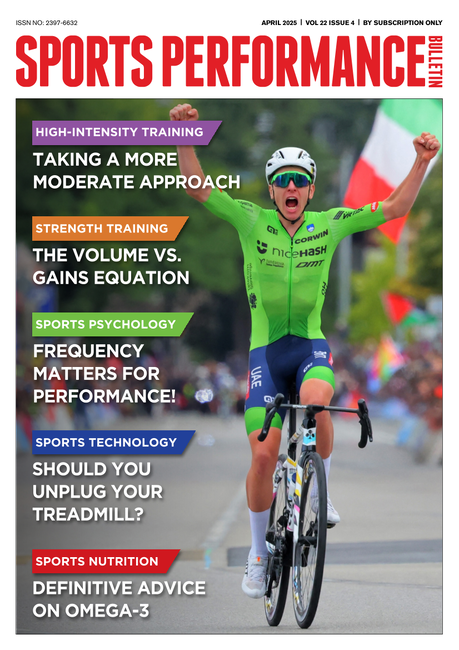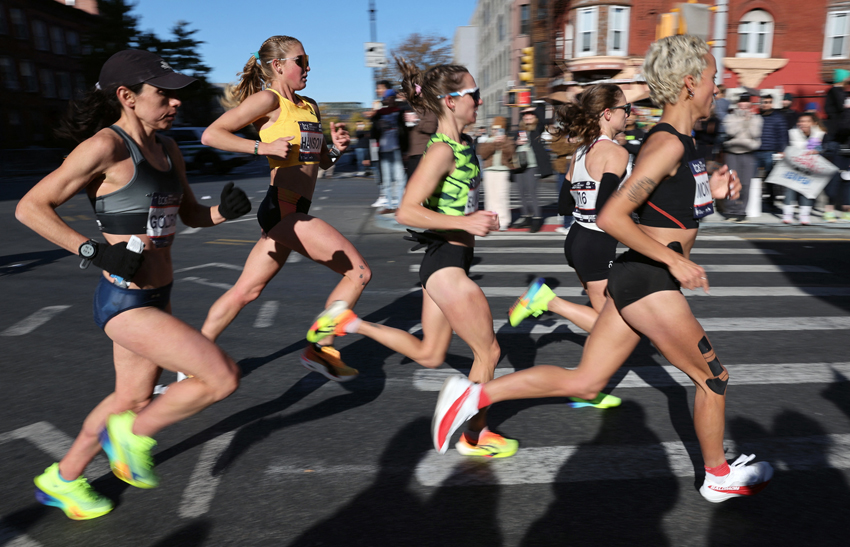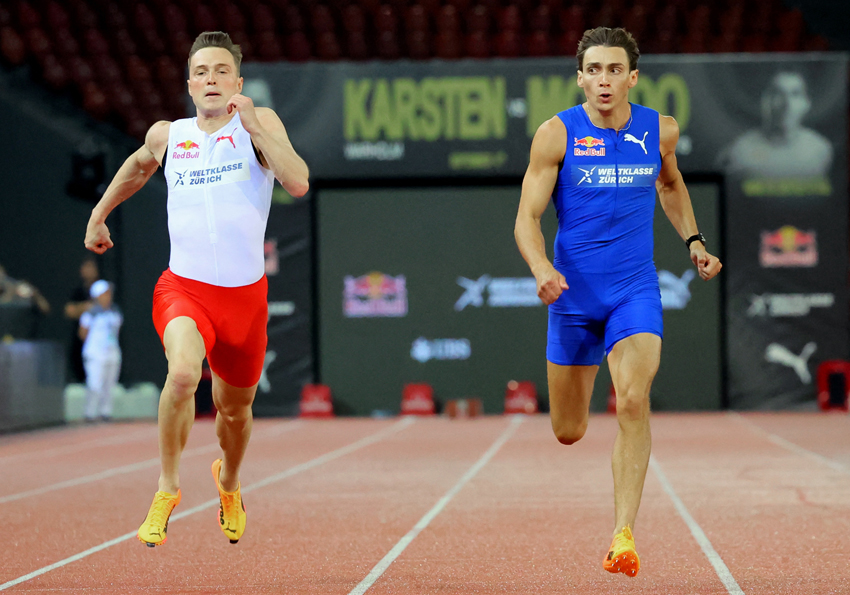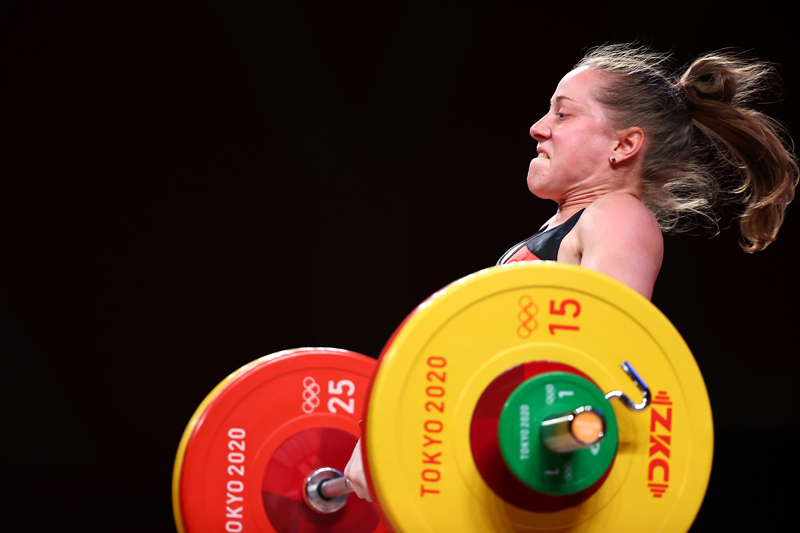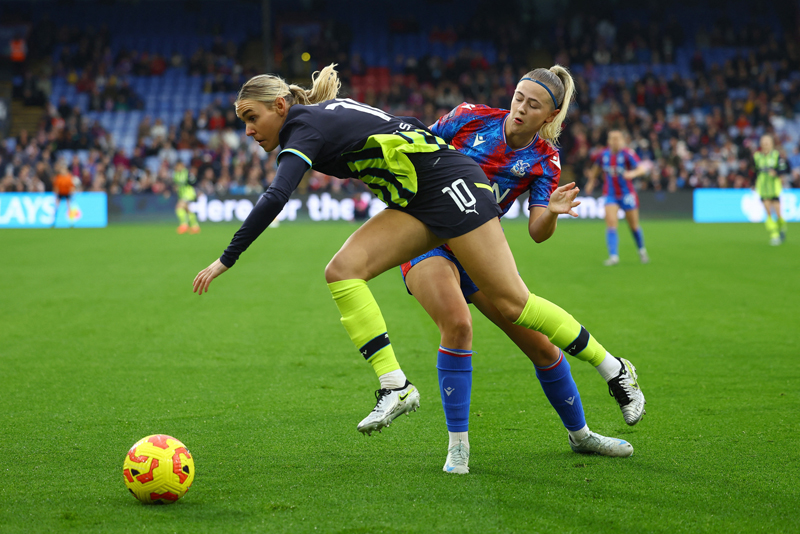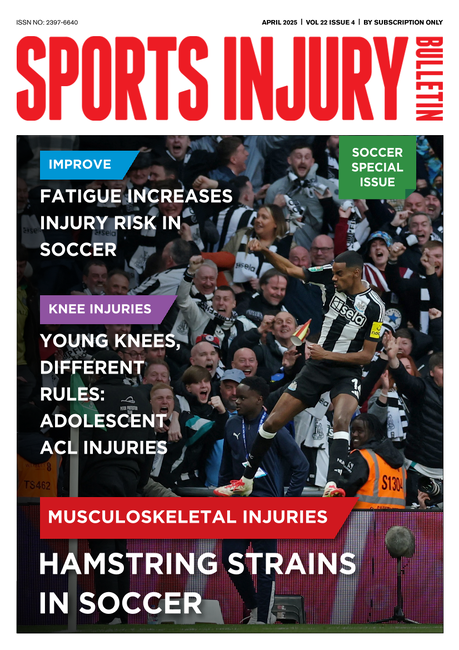Dangers of overload: are you getting enough recovery?

Recovery is vital to performance. If appropriate recovery is not provided during periods of hard training, you can experience a downward spiral in which continued heavy training creates diminishing returns, and performance levels worsen. Functional overreaching is the normal process of fatigue that occurs with sustained periods of heavy training. Although these periods of hard training cause short-term impairments in performance, this effect is reversed with a relatively short pre-planned recovery period and you can quickly return to a level matching, and ultimately exceeding your initial level of performance. This is the intended purpose of hard training – to get better! However, train a bit harder for a bit longer and you can become non-functionally overreached. This is a more severe level of fatigue reached when your performance and energy are not restored after a planned short-term recovery period. As a result, you may still feel fatigued following your planned recovery period.
Crossing the line
Determining precisely when the ‘excessive training’ line is crossed is very difficult. This is because the symptoms of overreaching are highly individualised and varied, which can include increased perceptions of exertion/fatigue during exercise, decreased movement economy, slower reaction times and impaired performance times. To make things worse, a state of excess fatigue is usually only diagnosed with the benefit of hindsight. In other words, by the time you know, it is too late to handle it in the optimal manner (ie backing off beforehand)! To make matters worse, some research suggests that overstepping the mark could be easier than you think.In one study, ten national-level rowers completed a four-week period of intensified training – ie a level of training load that was sustained above their baseline training load [PLoS One. 2017 Mar 15;12(3):e0173807. doi: 10.1371/journal.pone.0173807. eCollection 2017]. The researchers sought to analyse how the rowers responded to this increased load both physically and mentally so before and after the period of intensified training, they measured the rowers’ performances and pacing strategies on the water, their body composition (muscle and body fat), and their sense of psychological well being using standardised questionnaires. In addition, they also looked at the rowers’ eating patterns, to see whether their nutritional needs were being properly met.
The findings
What the researchers found surprised them. Firstly, the on-water rowing performance over 5kms worsened significantly after the 4-week period. Also, the pacing strategy differed in that the rowers struggled to finish as strongly as they had done at the start of the heavy training period. As well as more fatigue, the rowers also experienced a significantly lower mood state together with a poorer sleep quality. Perhaps most surprisingly, the rowers didn’t increase their overall calorie intake during the increased training load period, which meant that on average, they lost around 2kgs of body mass. The researchers concluded that just four weeks of heavy training decreased performance and had induced weight loss and substantial fatigue, likely related to an imbalance between energy intake and output.The implications
What’s interesting about this study is that it demonstrated even elite, highly experienced athletes do not necessarily ensure that they are adequately fuelled during periods of intensified training. The shortfall in energy availability over a 4-week period – evidenced by the weight loss - may well have contributed to reduced recovery and performance. This suggests that during periods of more intense or higher-volume training, endurance athletes need to pay special attention to how they feel and how they are performing. This means making every effort to ensure that the day-to-day diet is optimised for recovery and the increased energy requirements to fuel the heavier workloads.Practical suggestions
- Short periods of enhanced training intensity and load can bring benefits but caution is needed. Here are some useful tips:
- Limit the duration of increased training load periods to no more than a week to ten days, and always follow with an easier week or two.
- Pay special attention to your nutrition; increase your intake of carbohydrate – not just during exercise (bars, drinks gels etc) but also in your day-to-day diet.
- Don’t forget your recovery nutrition; consume 20-30g of whey protein along with 40-60g of carbohydrate immediately after training. Follow up with a balanced meal containing 20g of protein and 60-80g of carbohydrate within 90-120 minutes.
- Monitor your fatigue state using other tools such as HRV monitors and by recording your resting heart rate upon rising.
- Don’t ignore your mental state; if you feel tired and irritable, that’s a signal that you are becoming overreached. Ask your friends and family to provide feedback – if they notice a decline in your demeanor, take note!
You need to be logged in to continue reading.
Please register for limited access or take a 30-day risk-free trial of Sports Performance Bulletin to experience the full benefits of a subscription. TAKE A RISK-FREE TRIAL
TAKE A RISK-FREE TRIAL
Newsletter Sign Up
Testimonials
Dr. Alexandra Fandetti-Robin, Back & Body Chiropractic
Elspeth Cowell MSCh DpodM SRCh HCPC reg
William Hunter, Nuffield Health
Newsletter Sign Up
Coaches Testimonials
Dr. Alexandra Fandetti-Robin, Back & Body Chiropractic
Elspeth Cowell MSCh DpodM SRCh HCPC reg
William Hunter, Nuffield Health
Keep up with latest sports science research and apply it to maximize performance
Today you have the chance to join a group of athletes, and sports coaches/trainers who all have something special in common...
They use the latest research to improve performance for themselves and their clients - both athletes and sports teams - with help from global specialists in the fields of sports science, sports medicine and sports psychology.
They do this by reading Sports Performance Bulletin, an easy-to-digest but serious-minded journal dedicated to high performance sports. SPB offers a wealth of information and insight into the latest research, in an easily-accessible and understood format, along with a wealth of practical recommendations.
*includes 3 coaching manuals
Get Inspired
All the latest techniques and approaches
Sports Performance Bulletin helps dedicated endurance athletes improve their performance. Sense-checking the latest sports science research, and sourcing evidence and case studies to support findings, Sports Performance Bulletin turns proven insights into easily digestible practical advice. Supporting athletes, coaches and professionals who wish to ensure their guidance and programmes are kept right up to date and based on credible science.


